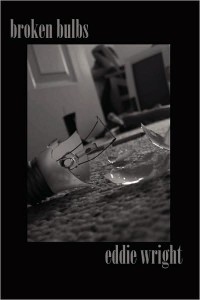 I got turned onto Eddie Wright via a tweet by blogger Mike Cane, who suggested that the two of us together would be explosive. Naturally, with a teaser like that I had to check out Eddie’s novel.
I got turned onto Eddie Wright via a tweet by blogger Mike Cane, who suggested that the two of us together would be explosive. Naturally, with a teaser like that I had to check out Eddie’s novel.
Broken Bulbs is either about a junkie trying to write a screenplay or a writer who thinks he needs to fix in order to create. Either way, it’s a compelling meditation about the intersection of art and addiction and the way that both are essentially born of our need to feel like our life has meaning. Narratively, the book plays out like a bad trip, existing in a world that’s all blood and puke and festering wounds and desperation. But often it’s the worst trips that are the most revealing, showing us the parts of our souls that are ugly and petty, tearing down the barriers between the stories we tell ourselves and the truths we try to evade.
The narrator, Frank, is a struggling writer hooked on drugs marketed as chemical inspiration, instant creativity in sleek corporate packaging complete with a cartoon lightbulb mascot named Bulbereno. He’s aided – or possibly enabled – by Bonnie, the corporate rep who’s part muse, part pusher, and part unrequited love interest. While administering his fixes through a festering sore in his head, she encourages him to write a screenplay in the hopes that somehow it can imbue his squandered life with meaning. The deeper Frank delves into the fictional world he’s created, the more it begins to bleed into his own emotionally-warped reality, forcing him to face personal demons he’s long repressed.
It’s gritty, it’s ugly, it’s brazenly experimental in both form and style, it’s allegorical, it’s satirical, it’s as darkly engrossing as staring at someone’s disfiguring wounds, and yet it also manages to be profoundly cathartic.
It was so good I had to pick Eddie’s brain a little, digging down through the hole in his skull to see if anything would explode.
MM: One of the things that struck me right away about the novel was your style. You have a very compelling rhythm to your writing, short staccato bursts, repetitive phrases, repetitive sounds. Is that something you do consciously, or do you prefer to let it flow in a stream-of-consciousness style? Do you edit much, or is the final version pretty close to how you initially put it down on paper?
EW: It starts as stream-of-consciousness. Puke really. I puke it out then I sort through the puke and shape. “Puke castles” I suppose. I try to figure things out after they’re out. The rhythm is there from the start. I want everything to sound good out loud. As soon as I write anything I read it aloud to ensure that it flows and feels right and rhythmic. The editing is very important in trying to understand what I’ve written. I usually start with an idea, a place to land, and then I run there at full speed, then I look back and see if I can figure out how I got there and what it all means. I don’t ponder specific sentences or descriptions. I try to capture a feeling. I cut-and-paste and shift things and delete. If a word messes with the flow, it’s gone, or changed, or whatever. I want things to be readable and more importantly, re-readable. I like things can be read quickly and absorbed. That’s always the goal.
MM: It felt like there was a lot of intentional ambiguity in the way the narrative unfolded. For one, as a reader you are always one or two steps behind in figuring out just what the fuck is going on. Also, even in the end, it’s unclear how we should feel about Frank and Bonnie and everything we’ve seen, about who was redeemable, who was virtuous, who was hopeless. This seems to be underscored by the repetition and inversion of certain mantras – Bonnie is good, Dusty is bad, You are not nothing, Everything is nothing. Is this ambiguity intentional? Do you as a creator want individual readers to be able to walk away with their own interpretations?
EW: I absolutely want people to walk away with their own interpretations. I have no interest in providing all the answers. There’s my interpretation and there are clues that could be clues or could be nothing. This story is about confusion, uncertainty, and a search for meaning. I want readers to feel the way Frank feels. I want the story to smash them and grab them and confuse them, but I want something there that eats at them and makes them think, “What was it all about?” “Why does this matter?” “Does it matter at all?” The repetition of mantras is very much a way to drill certain things into the minds of readers because these are things that have been drilled into Frank’s mind…pretty much literally.
MM: I loved how you integrated the screenplay into the prose narration and was intrigued to learn that you are actually turning the work into a full screenplay. Do you think we’re at a point where the distinctions between media are breaking down, and do you see more opportunities for cross-platform or multimedia works? Do you have any other plans to experiment along these lines?
EW: Thanks so much. Broken Bulbs began as a screenplay, fell apart, became a book, and is now a screenplay again. I think it would be a good movie and would love to see it that way someday. Media has morphed into this goopy soup of weirdness where everything feeds and spawns and melts into something else. It’s terrifying really. But I can’t help but be intrigued by it all. The means of telling a story are changing, but storytelling isn’t. I think a good story will always be told by using one medium, be it book, TV show, movie, whatever, but it’s the additional aspects that can now be added using social platforms like Twitter, Facebook, and blogs. It’s like viral marketing–J.J. Abrams stuff and whatnot–it’s fun but it doesn’t impact the movie or TV show, it’s just a way to get people to pay attention to the main thing. I think the heart of a story needs to exist in one centralized location, otherwise it’s severely limited. I’m working on a project right now with a friend of mine that’s about this very thing. Using social media to tell a large, multi-faceted, multi-character story. We’re trying to wrap our heads around how to make it work. We’ll see what happens.
MM: To what extent is the story a commentary on corporate/consumerist culture? There’s something both perverse and yet perfectly fitting that a pharmaceutical corporation would try to sell inspiration as a drug. At the same time, Bulbereno made me smile.
EW: The corporate satire stuff was on my mind while writing it but for me, the drug was just a way turn a feeling into a physical thing, inspiration as something you can touch and something that can hook you and eventually destroy you. Bulbereno’s cool, man. You should get a Bulbereno tattoo.
MM: This story is one of the best depictions of addiction I’ve seen/read, ranking up with A Scanner Darkly or Requiem for a Dream. It seems there are several different kinds operating here – obviously chemical dependency, but also Frank’s dependence on Bonnie as well as the desperation of the creative struggle are each addictive in their own right. Is there any autobiographical basis for it? I have to admit that personally, several scenes hit far too close to home and left me squirming.
EW: Thanks again. I love both those stories so much and they were both big inspirations. There’s a definite autobiographical aspect to this story but I hope any person who’s ever attempted any creative undertaking could feel that it applies to them as well. Frank is hooked on seeds, he’s hooked on Bonnie, he’s hooked on misery, he’s hooked on self-hatred, he’s hooked on inadequacy, he could really be hooked on anything. We all have our things that we can’t free ourselves from and there’s a reason for that in all of us. I want everyone to squirm a bit while reading this thing, whether they connect to drug use aspect of the story or not. I’m a writer who fails to get going and when he gets going he fails to complete things. I think a lot of creative folks can understand that.
MM: I love the fan art on your site. Was that your idea or did it arise spontaneously?
EW: I thought fan art would be a nice way to get readers involved and a nice way to keep content flowing onto my blog. The submissions I’ve received so far are all awesome and all very different and that’s incredibly cool because it tells me that each reader has his or her own take on the material. The story is about inspiration and I’d like it to inspire creativity and art. I look forward to future submissions and I’m always open. If it’s sent in and applies to the story in some way, I’ll feature it. It’s all good to me.
MM: Talk a little about your involvement with the Backword Books Collective. How did you hook up with them? What exactly does it mean to be part of an independent writers’ collective? Do you think we’re getting to a point where self-published, e-published, or independent authors will start breaking into the mainstream – or at least establish a truly viable alternative to traditional publishing?
EW: Backword Books is a group of self-published authors who have banded together to support and promote one another’s books. I was asked to join by Henry Baum, who runs the great resource selfpublishingreview.com as well as being the author of the awesome The American Book of the Dead. The idea behind the group is to join forces under one banner and one brand to try to further legitimize self-publishing. Self/e/indie-publishing are all already viable alternatives to traditional publishing. Any type of book can be released regardless of mass or market appeal. It’s wonderful. I think we’ll see self-published authors break into the mainstream eventually but whether those authors are trying something truly daring, edgy, or experimental, is another story. The mainstream is the mainstream because it’s the mainstream and it’s never going to stop being the mainstream. Certain types of books will always be on the fringes. That’s the way it’s always been and that’s the way it always will be. It’s something to be proud of. I’ve never had mainstream tastes and have no intention of creating specifically for something that doesn’t appeal to me. If someone wants to pay me to do what I do and release my stuff in a zillion places, then that could be cool, but doing it myself and doing it my own way is the only way I know. I grew up listening to and playing in punk bands and I look at this stuff in exactly the same way. You do what you do and you try and hope to find like-minded folks who’ll dig what you do. The fact that Backword Books and this interview exists is evidence that I’m not alone in that thinking. This DIY/indie world is already here and we’re already part of it. We don’t need to discuss if something will exist anymore, we need to discuss what we’re going to do with it.
MM: Do you think there’s room in the marketplace for cult or counterculture artists, or has the mainstream completely co-opted the counterculture? Is there a place for experimental or alternative fiction? Should authors be artists or just entertainers? Is there even a difference anymore?
EW: Authors are artists. Entertainers are artists. It’s not anyone’s job to say what art is. Even the most mainstream, watered-down bullshit performer is an artist, he’s just not an artist that I give a fuck about. There’s room for everybody. There’s always going to be room for everybody. There’s nothing stopping anyone from putting any book out. We’re all free to fearlessly write what we want and to promote that writing in the ways that we see fit. It’s hard as fuck, believe me, but the options are all there. It’s all hard work and it’s all scary and it’s all intimidating, but if someone has written something awesome, there’s someone who’s going to enjoy it. Good writing is always good writing regardless of the means of production. There will always be an alternative, there will always be experimenters. The internet has made everything attainable. Sure, you might not be able to go to Target and get the newest, edgiest, most experimental writing, but who gives a fuck? Who needs Target? The fun is in the finding. Part of the appeal of cult stuff is being part of the cult. Seeking and discovering new and weird shit is exactly where Broken Bulbs came from. And Broken Bulbs is now out “there” and it’s attainable anywhere. People just need to find it and it’s really not that hard to find. That’s pretty awesome, man.
Connect with Eddie Wright online at bonnieisgood.com
Broken Bulbs is available as a multiformat e-book download for the low, low price of $0.99 at Smashwords
Get an Editorial Review | Get Amazon Sales & Reviews | Get Edited | Publish Your Book | Enter the SPR Book Awards | Other Marketing Services









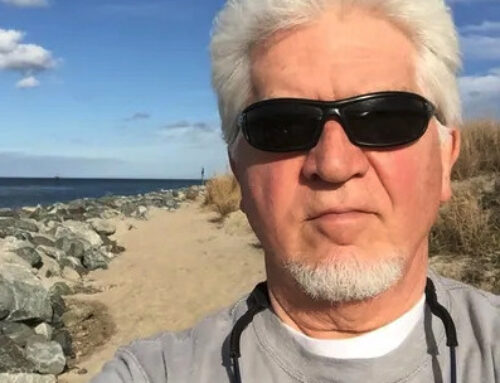
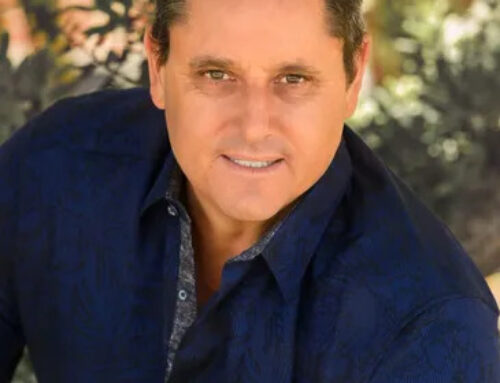
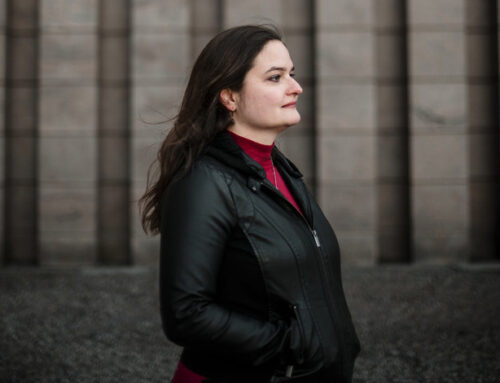
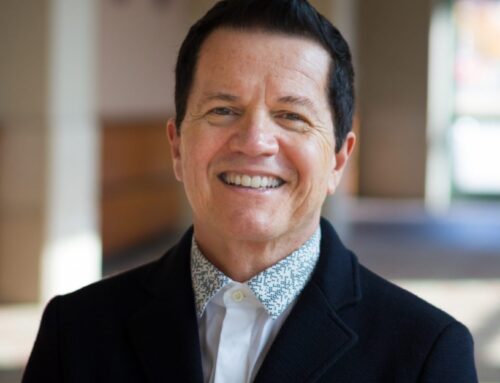

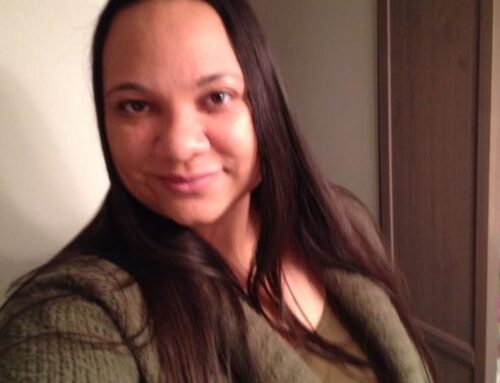



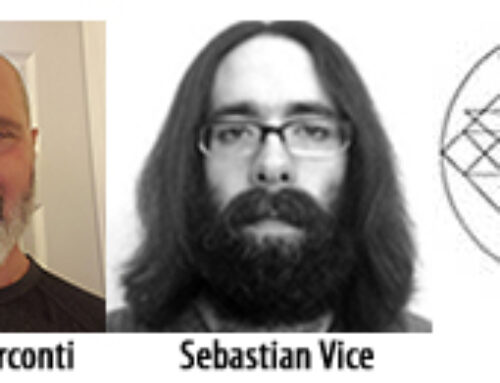
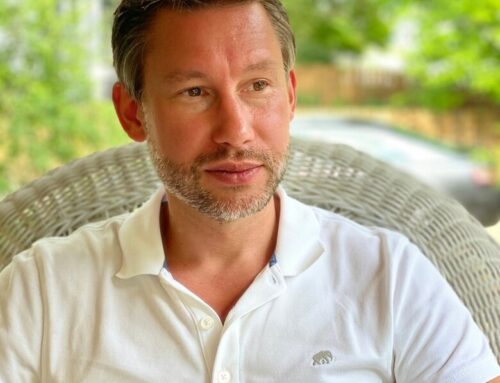
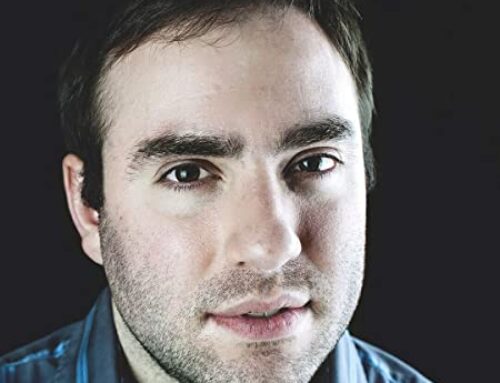
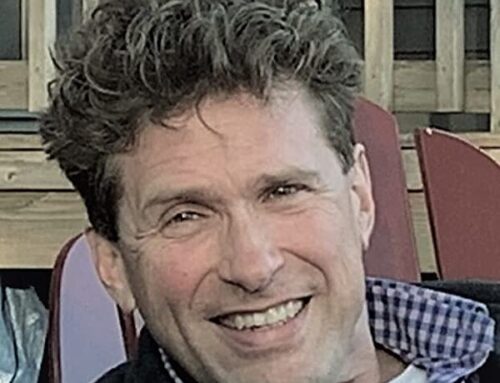
Leave A Comment